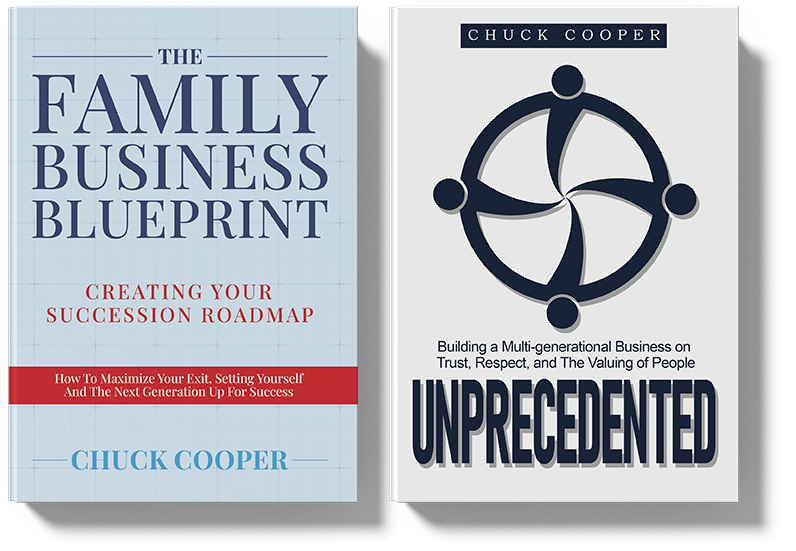As a business owner, planning for the future can be just as important as managing the day-to-day. That includes thinking about what happens when you’re ready to step away—whether that’s five years from now or fifty. Two key terms often come up in these conversations: exit planning and succession planning. While they’re related, they aren’t interchangeable. In fact, understanding the difference between them is essential to building a business that lasts beyond your leadership.
Here's how we approach this at WhiteWater Consulting.
What Is Exit Planning?
Exit planning is the broader, more comprehensive of the two concepts. It refers to the process of preparing yourself and your business for the day you transition out of ownership, whatever that may look like. This could involve selling the business, merging with another company, passing it to a family member, or even shutting down operations entirely.
Exit planning is owner-focused. It takes into account your personal financial goals, lifestyle needs, and desired legacy. It involves working with advisors—legal, financial, and business—to understand the valuation of your company, tax implications, estate planning needs, and more.
Some key components of exit planning include:
- Business valuation and readiness assessment
- Tax strategy and financial planning
- Legal considerations and estate planning
- Identifying potential buyers or transition partners
- A defined timeline for departure
The goal? To ensure that when the time comes, you’re leaving the business on your terms, with as much financial and emotional clarity as possible.
What Is Succession Planning?
Succession planning, on the other hand, is more people-focused. It’s about identifying and developing internal talent who can take over key leadership roles when current leaders leave, retire, or transition into new roles. This isn’t just about owners—it could include planning for your CEO, department heads, or other critical roles.
Succession planning ensures that your business continues to run smoothly, regardless of changes in leadership. It’s proactive, not reactive, and usually includes:
- Identifying high-potential team members
- Leadership development and training
- Mentorship programs
- Cross-training and role shadowing
- Emergency plans for unexpected departures
While it supports continuity, succession planning doesn’t necessarily mean ownership will change hands. It’s more about ensuring the right people are in the right roles at the right time.
Why You Need Both
If you’re thinking, “This sounds like I need to do both,” you’re exactly right. Exit planning and succession planning work best in tandem.
Here’s how they complement each other:
- Exit planning helps you figure out how and when you’ll leave your business.
- Succession planning ensures someone is ready to lead the business when you do.
Without a strong succession plan, your exit strategy could fall apart—especially if a qualified, trusted leader isn’t prepared to step in. And without an exit plan, even the most well-groomed successor might find themselves struggling with unclear ownership structures or financial instability.
Common Misconceptions
“I’m not planning to leave anytime soon, so I don’t need to think about this yet.”
Planning ahead doesn’t mean you’re ready to walk out the door tomorrow. It means you’re setting your business up for long-term success, no matter what curveballs life throws your way.
“I have a successor in mind, so I’m good.”
That’s a great start, but without a comprehensive exit plan, the successor might not have the necessary resources or support to succeed. You need both the who and the how.
Plan for the Future
Planning for the future of your business isn't just about an endpoint—it's about building a roadmap for sustainability, legacy, and continued growth.
Exit planning and succession planning may be different, but together, they help ensure that your business will thrive long after your leadership tenure has ended.
And remember: the best time to start planning is before you think you need to.
Need help getting started with either your exit or succession plan? At WhiteWater Consulting, we work with business owners to develop smart, strategic plans that align with their goals and values.
Let’s talk about where you are today—and where you want to go.


